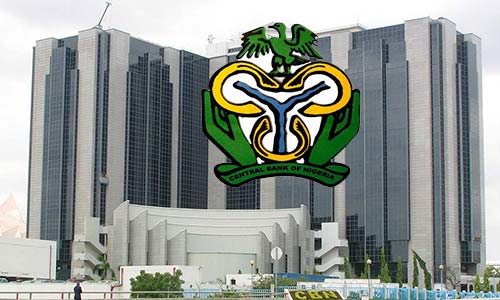SECTOR INSIGHT 12/01/2022
Nigeria’s External Reserve Hits $40.5bn

Nigeria’s external reserve has reached $40,509 billion but however marginally declined by $11million when compared to its closing balance as at the last day in 2021 which was pegged at $40,520 billion, data obtained from the Central Bank of Nigeria (CBN) on the daily reserves’ movement has revealed.
The reserve had gained $5.99 billion in October, following a $2.76 million gain in September 2021 as a result of the $4 billion Eurobond secured by the federal government and the $3.35 billion IMF Special Drawing Rights facility.
However, in November it started declining as a result of heightened demand for school fees, travel and other import needs but soon regained an upward trajectory the first week in January.
Analysts at Cordros Capital notes that, “However, foreign inflows are paramount for sustained foreign exchange liquidity over the medium term, in line with our expectation that accretion to the reserves will be weak given that crude oil production levels remain quite low.
“Thus, foreign portfolio investors which have historically supported supply levels in the IEW (53.8% of forex inflows to the IEW in 2019FY) will be needed to sustain forex liquidity levels. Hence, we think further adjustments in the naira/dollar peg closer to its fair value and flexibility in the exchange rate would be significant in attracting foreign inflows back to the market.”
Meanwhile, the value of the naira appreciated by 4.6 per cent week on week to N416 to the dollar at the Investors and Exporters window (I&EW) but depreciated by 0.9 per cent to N570 at the parallel market as business activities picked up after the holidays.
In the forwards market, the naira rate appreciated at the one-month to N416.78 to the dollar, 3-month to N422.70, 6-month to N432.4, and at the 1-year contracts at N442.85 contracts.
Also, analysts at Sigma Pensions forecasts that Nigeria’s growth will stabilise, “we expect Nigeria’s external balance to improve as oil export receipts normalize to trend levels amid persisting import demand suppression on account of the CBN’s currency policy.”



